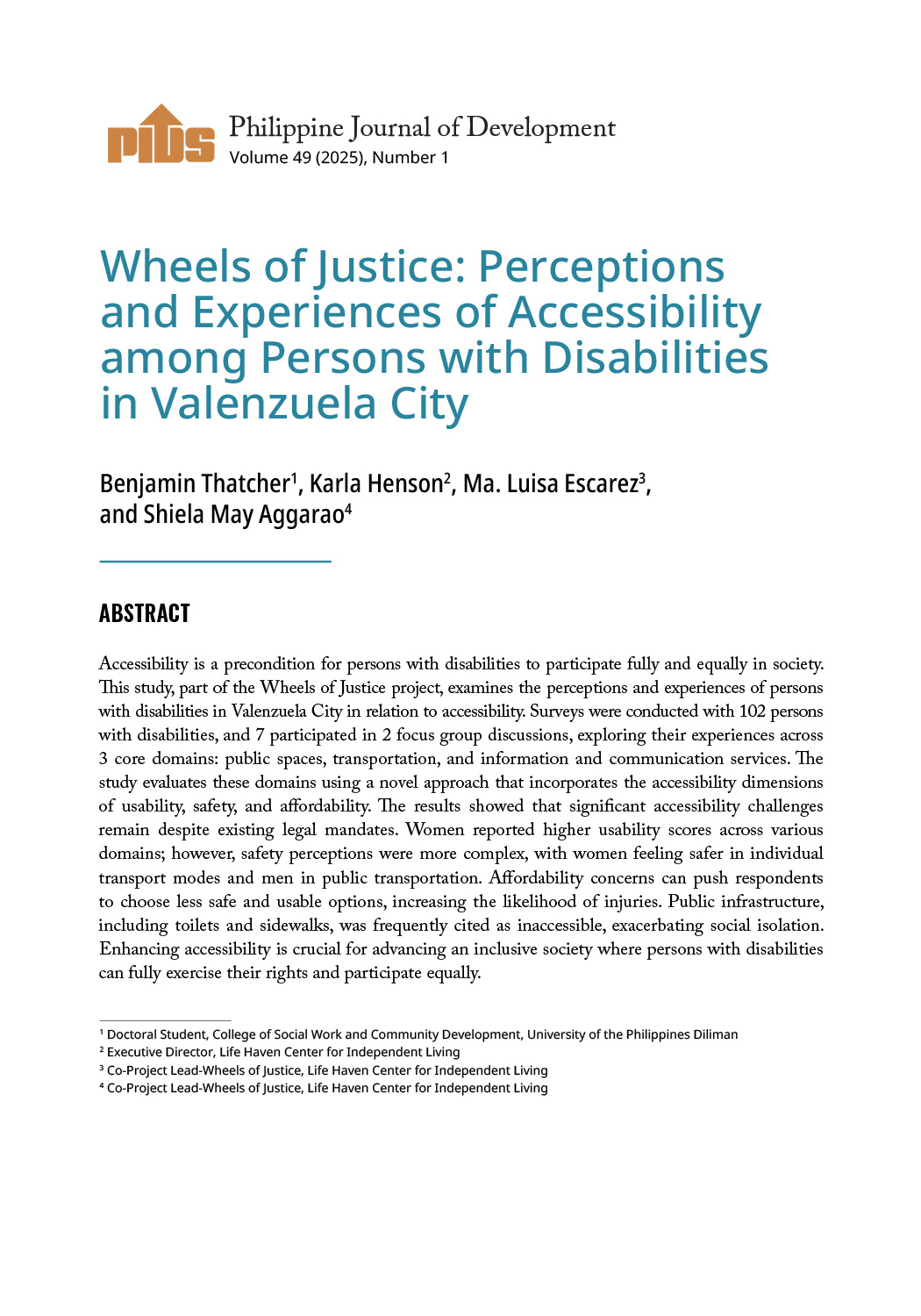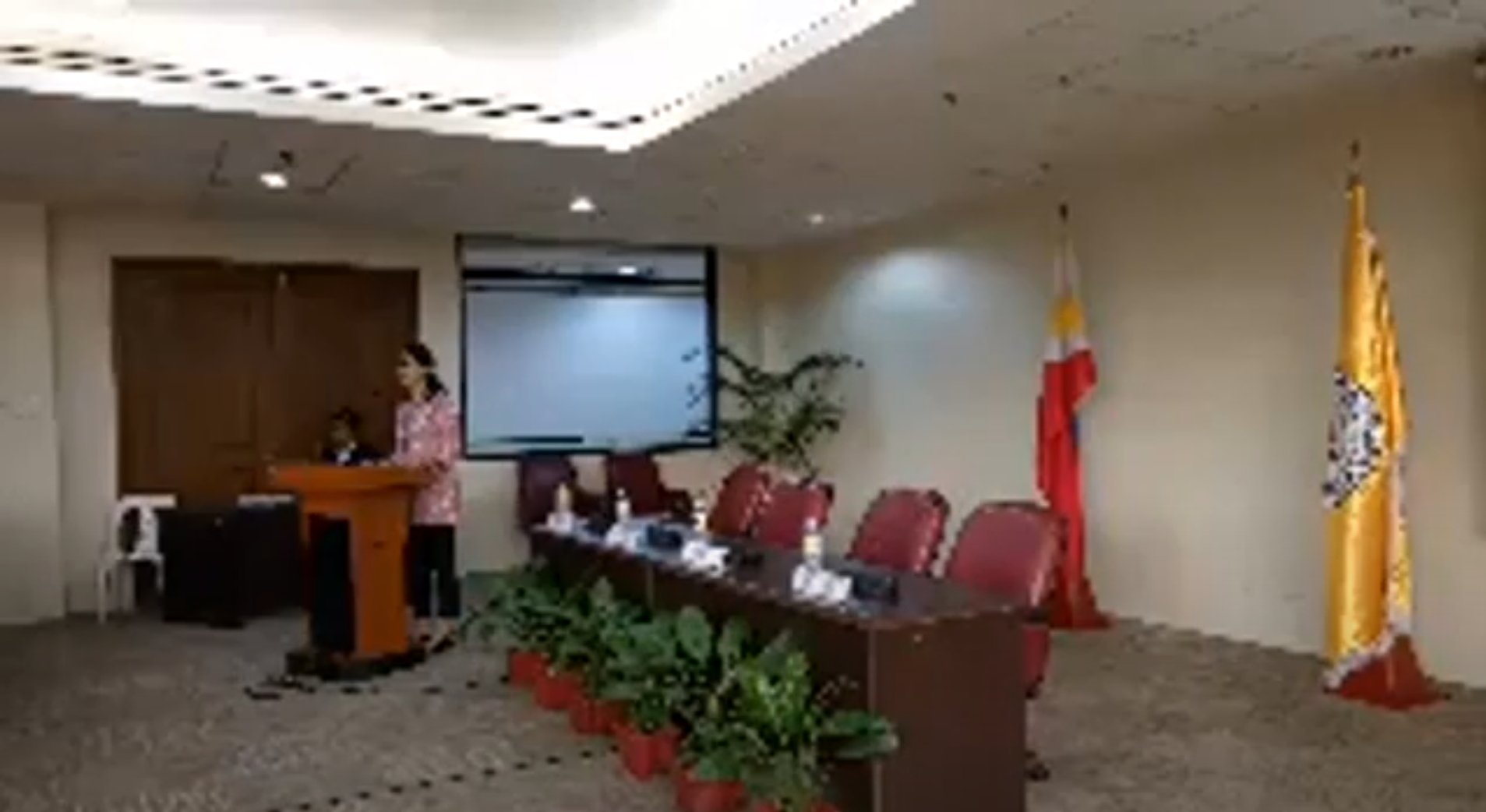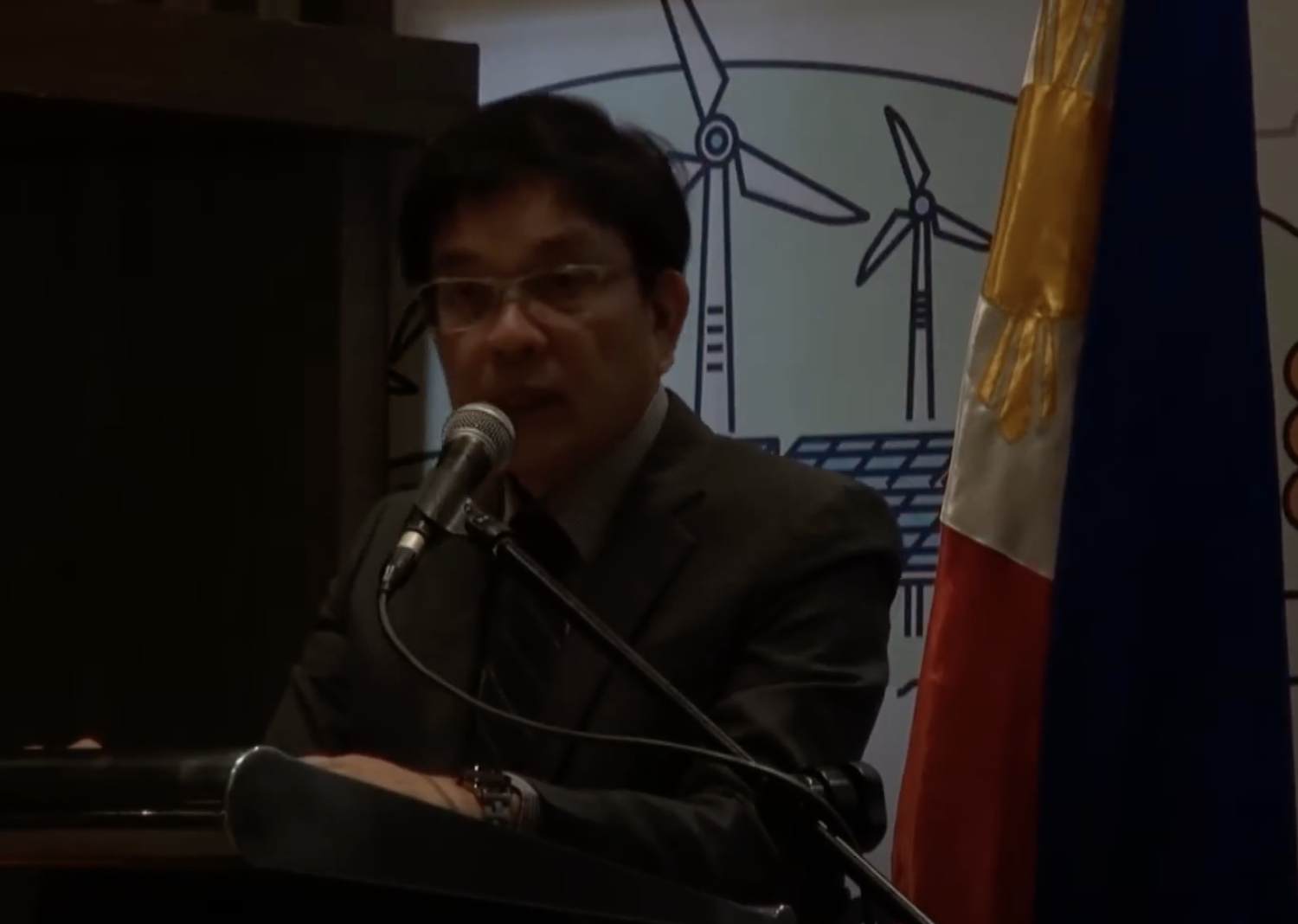An economist has cautioned against immediately shifting to a federalist system of government, noting this will not change the concentration of wealth nor economic activity.
In a recent tax forum organized by the Senate Tax Study and Research Office, Dr. Ronald Mendoza, dean of Ateneo de Manila University’s School of Government, suggested there should be transition period for the concentration of both public finance and expenditure to be removed from Manila and distributed among the other regions.
Mendoza believes that this is a necessary step since enough fiscal space must be given to the regions in order for them to catch up with National Capital Region.
He cited a 2014 Government Expenditure Breakdown indicating that 82 percent of the total government spending was channeled through national government agencies, while only 18 percent was left for local government expenditure.
This immediately puts at a disadvantage most of the local government units (LGUs) in the country except for the top three regions — NCR, Region III and Region IV-A where 60 percent of the country’s gross domestic product is apparently concentrated.
Mendoza explained that alongside this concentration of public finance is the concentration of economic firepower in “mostly Imperial Manila.
He underscored the need to fix the country’s public finance system in order for the central government to have a better relationship with the LGUs.
Mendoza cited some inequality in the policy that allowed fast growing cities such as Makati to receive P700 million to P800 million in Internal Revenue Allotment (IRA) annually. He believes that the policy behind the IRA should be changed.
The economist proposed the adoption of public finance graduation mechanism where the amount of funds for an LGU will depend on how well it has performed in terms of governance and economic activity.
For her part, Dr. Rosario Manasan, a senior research fellow at state think tank Philippine Institute for Development Studies, shared the view of Mendoza that the present sharing system under the IRA should be changed.
Both experts considered the IRA as a disincentive to LGUs. Given the political conditions surrounding the IRA, it might be very difficult to reform its current structure.
However, Manasan stressed that equalization can be accomplished by distributing the transfers on the basis of fiscal capacity, specifically LGUs having less or a smaller fiscal capacity will get more transfers as compared to those who are already more progressive.
In a recent tax forum organized by the Senate Tax Study and Research Office, Dr. Ronald Mendoza, dean of Ateneo de Manila University’s School of Government, suggested there should be transition period for the concentration of both public finance and expenditure to be removed from Manila and distributed among the other regions.
Mendoza believes that this is a necessary step since enough fiscal space must be given to the regions in order for them to catch up with National Capital Region.
He cited a 2014 Government Expenditure Breakdown indicating that 82 percent of the total government spending was channeled through national government agencies, while only 18 percent was left for local government expenditure.
This immediately puts at a disadvantage most of the local government units (LGUs) in the country except for the top three regions — NCR, Region III and Region IV-A where 60 percent of the country’s gross domestic product is apparently concentrated.
Mendoza explained that alongside this concentration of public finance is the concentration of economic firepower in “mostly Imperial Manila.
He underscored the need to fix the country’s public finance system in order for the central government to have a better relationship with the LGUs.
Mendoza cited some inequality in the policy that allowed fast growing cities such as Makati to receive P700 million to P800 million in Internal Revenue Allotment (IRA) annually. He believes that the policy behind the IRA should be changed.
The economist proposed the adoption of public finance graduation mechanism where the amount of funds for an LGU will depend on how well it has performed in terms of governance and economic activity.
For her part, Dr. Rosario Manasan, a senior research fellow at state think tank Philippine Institute for Development Studies, shared the view of Mendoza that the present sharing system under the IRA should be changed.
Both experts considered the IRA as a disincentive to LGUs. Given the political conditions surrounding the IRA, it might be very difficult to reform its current structure.
However, Manasan stressed that equalization can be accomplished by distributing the transfers on the basis of fiscal capacity, specifically LGUs having less or a smaller fiscal capacity will get more transfers as compared to those who are already more progressive.









